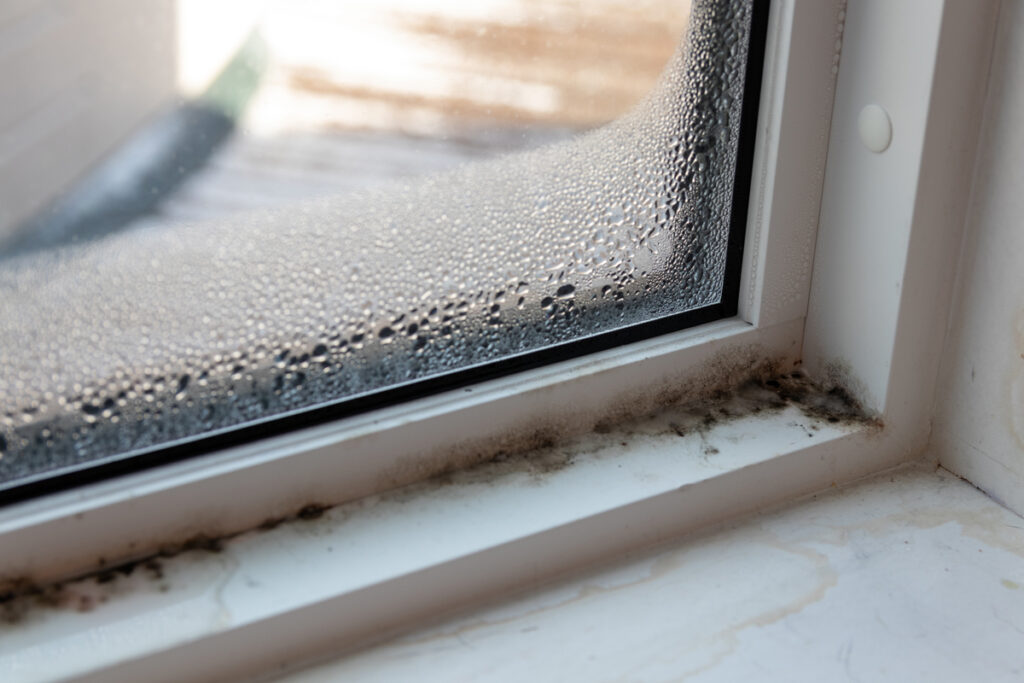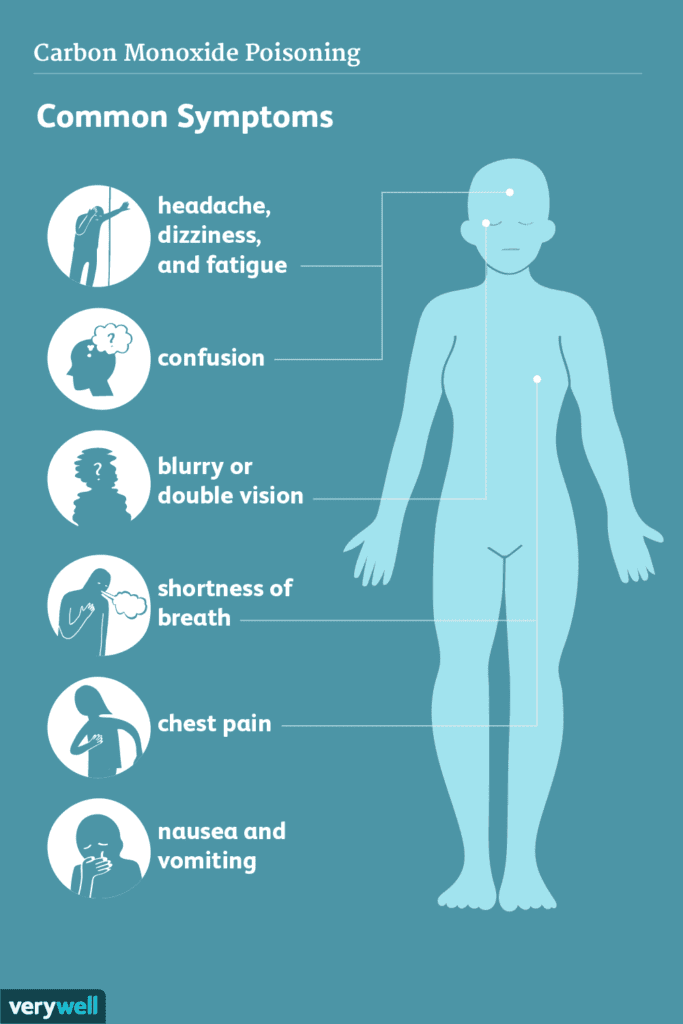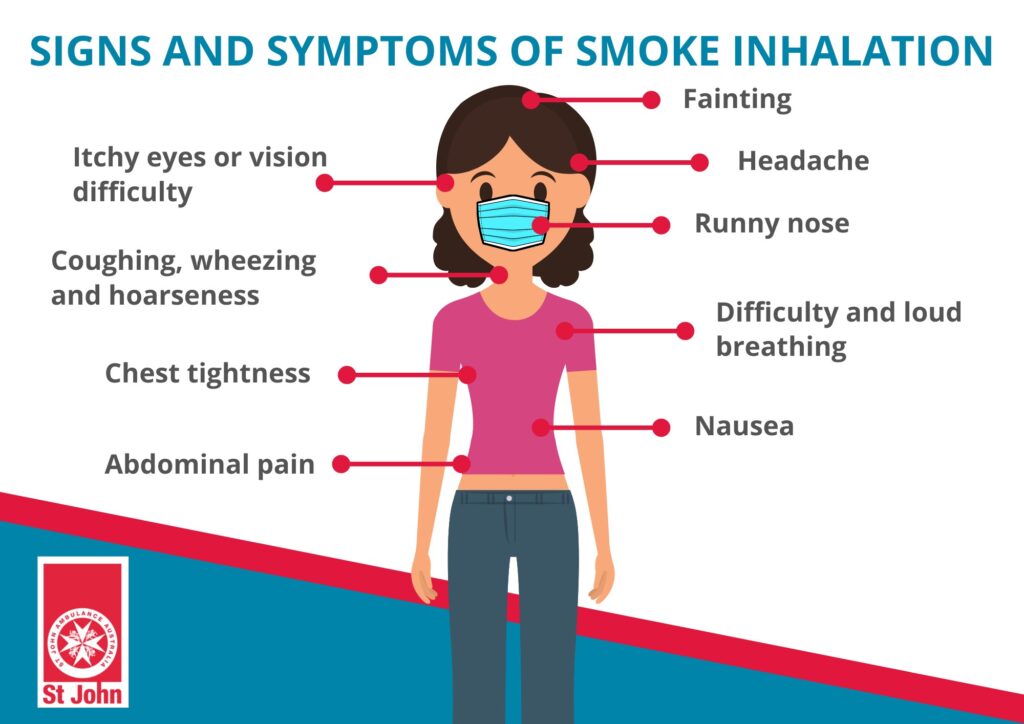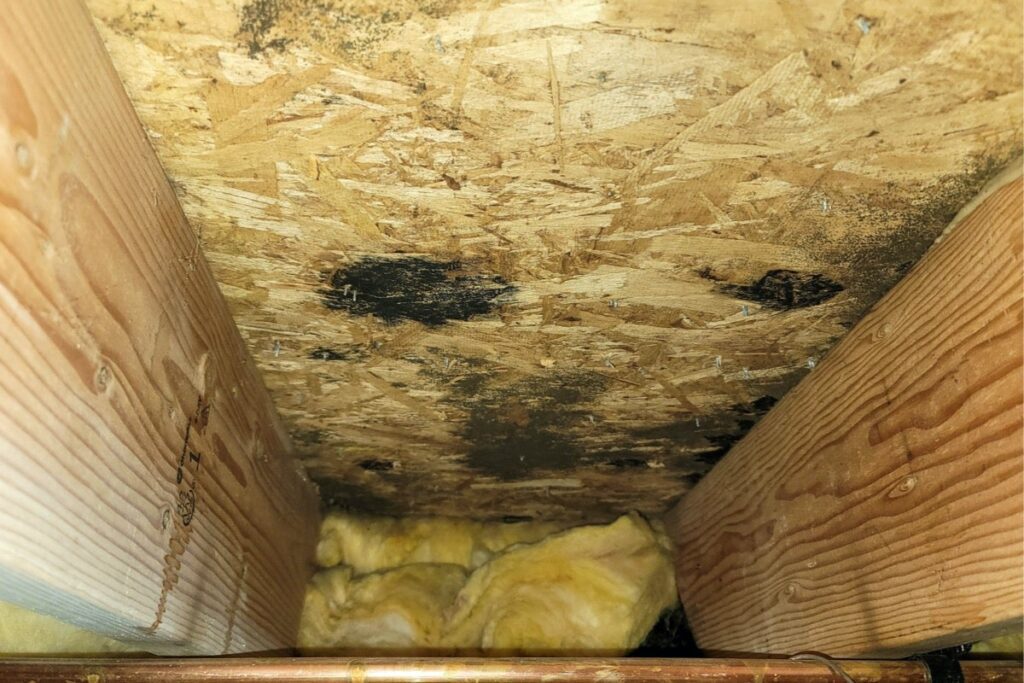Have you ever considered the quality of the air you breathe? Air pollution is a growing concern worldwide, and it’s not just a problem outdoors. Poor air quality can impact your health and well-being, even indoors. This is where air quality sensors come in.
Air quality sensors are devices that measure the levels of pollutants in the air. They can be used in both indoor and outdoor settings to help you better understand the air quality around you. But are air quality sensors worth it? Let’s explore the benefits of investing in them.
Key Takeaways:
- Air quality sensors can measure the levels of pollutants in the air.
- Poor air quality can impact your health and well-being, even indoors.
- Air quality sensors can be used in both indoor and outdoor settings.
- Investing in air quality sensors can have numerous benefits.
Understanding Air Quality Sensors
If you’re considering investing in air quality sensors, it’s important to understand what they are and how they work.
Air quality sensors are electronic devices that measure the levels of pollutants in the air. They can be used both indoors and outdoors to monitor for a variety of harmful substances, including carbon monoxide, nitrogen dioxide, ozone, and particulate matter (PM2.5 and PM10).
There are several different types of air quality sensors, each with its own set of strengths and weaknesses. Some sensors use laser technology, while others rely on electrochemical or metal oxide detection methods. Each type of sensor has specific detection capabilities, such as measuring the number of particles in the air, detecting specific gases, or monitoring temperature and humidity.
Most air quality sensors use a combination of sensors to provide a more comprehensive view of the air quality. For example, a sensor may use several different sensors to measure various types of pollutants in the air or to detect temperature and humidity changes. The data collected by the sensors is typically transmitted to a central device for analysis and interpretation.
Accuracy and Calibration of Air Quality Sensors
One important factor to consider when using air quality sensors is their accuracy and calibration. Air quality sensors must be calibrated regularly to ensure accurate readings, and it’s important to use sensors from reputable manufacturers with a proven track record of accuracy.
It’s also important to note that air quality sensors are not perfect and can be affected by a variety of factors. For example, dust and dirt buildup on the sensor can make it less effective, and sensors may not be able to detect certain types of pollutants in the air. It’s important to keep sensors clean and maintained to ensure they are providing accurate readings.
Overall, understanding how air quality sensors work and the different types available is crucial to making an informed decision about investing in them. With accurate data on air quality, you can take steps to improve the environment around you and protect your health and the health of those around you.
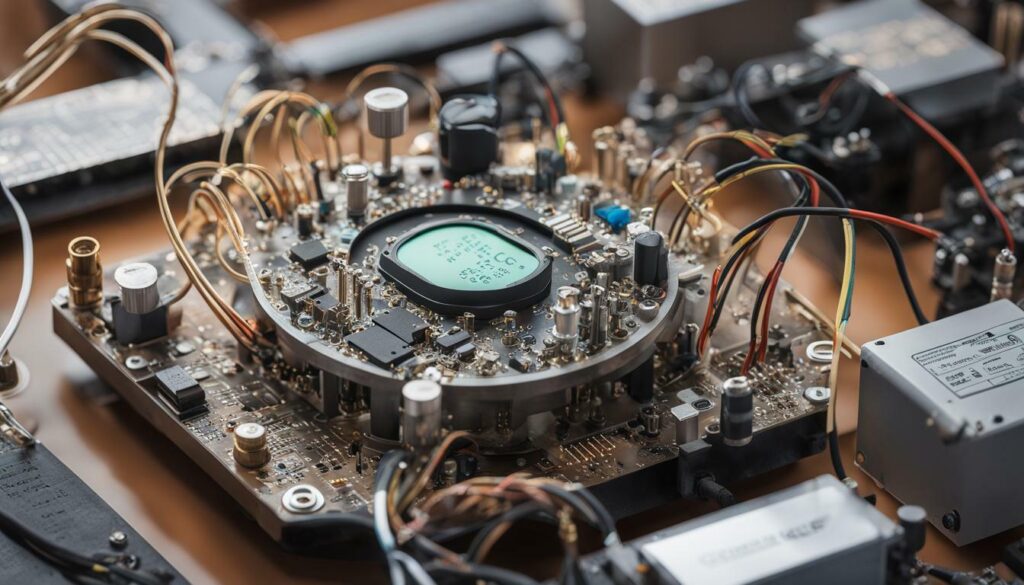

The Importance of Air Quality Sensors
Keeping the air we breathe clean and healthy is essential for our well-being, and air quality sensors play a significant role in achieving this. Poor air quality can lead to various health problems, including respiratory and cardiovascular conditions, and even cancer. This is why it is crucial to invest in air quality sensors to monitor the air quality around you.
Air quality sensors are vital for both indoor and outdoor environments, especially in cities where air pollution is prevalent. These sensors can detect pollutants such as carbon monoxide, nitrogen dioxide, and particulate matter in real-time, allowing you to take immediate action to reduce exposure and prevent health problems.
Investing in air quality sensors is not just about protecting your health. These sensors can also help you save money and improve productivity. Air pollution can cause damage to machinery and equipment, resulting in costly repairs and maintenance. In addition, poor air quality can decrease productivity in the workplace, leading to a decrease in overall efficiency.
By investing in air quality sensors, you can identify the sources of air pollution and take steps to reduce them. This not only helps to improve the air quality around you but also reduces the risk of health problems and can help save you money in the long run.
Overall, the importance of air quality sensors cannot be overstated. These devices provide crucial information about the air we breathe, and investing in them is a small price to pay for a healthier and safer environment for you and your loved ones.


Advantages of Using Air Quality Sensors
If you’re still wondering whether air quality sensors are worth the investment, consider these advantages:
| Advantage | Benefit |
|---|---|
| Real-time monitoring | Sensors provide constant updates on air quality, allowing for quick action if pollution levels rise. |
| Identify pollution sources | Sensors can help pinpoint specific pollution sources, such as chemical off-gassing or mold, allowing for targeted mitigation efforts. |
| Improved health | Breathing cleaner air can lead to improved respiratory health, fewer sick days, and increased productivity in both home and work environments. |
| Cost savings | Detecting and mitigating pollution sources can lead to significant cost savings in the long run, such as reduced medical expenses or lower energy bills due to improved HVAC efficiency. |
Investing in air quality sensors can also provide peace of mind, knowing that you are taking steps towards a healthier and safer environment for yourself and those around you.


Measuring Air Pollution with Sensors
If you’re concerned about the air quality in your environment, air quality sensors can provide valuable information about the pollutants present in the air. With the use of sensors, you can measure the levels of different pollutants and receive real-time data for analysis.
Air quality sensors can detect a range of pollutants, including carbon monoxide, nitrogen dioxide, sulfur dioxide, ozone, and particulate matter. Particulate matter, commonly known as PM, is a mixture of solid and liquid particles suspended in the air, such as dust, dirt, and smoke. PM is considered one of the most harmful pollutants to human health, as it can penetrate deep into the lungs and bloodstream.
| Pollutant | Source | Health Effects |
|---|---|---|
| Carbon Monoxide | Incomplete combustion of fuels (e.g. cars, stoves) | Headaches, dizziness, nausea, weakness, death (at high levels) |
| Nitrogen Dioxide | Combustion of fuels (e.g. cars, power plants) | Respiratory infections, asthma, reduced lung function |
| Sulfur Dioxide | Combustion of fossil fuels, volcanic eruptions | Irritation of nose and throat, respiratory issues, asthma |
| Ozone | Chemical reactions between pollutants and sunlight | Breathing difficulties, chest pain, coughing, asthma |
| Particulate Matter (PM) | Combustion of fossil fuels, industrial processes, wildfires | Asthma, respiratory issues, lung cancer, premature death |
By measuring the levels of these pollutants, air quality sensors can help identify sources of pollution and enable you to take action to reduce exposure. For example, you may discover that there are high levels of PM in your home due to cooking or using a wood-burning stove. With this information, you can take steps to improve ventilation or switch to a cleaner cooking method.
It’s important to note that not all air quality sensors are created equal. Factors such as accuracy, precision, and sensitivity can vary between sensors. It’s essential to select a reliable sensor that is appropriate for your needs. Some sensors may be better suited for outdoor use, while others are designed for indoor use. You should also consider the cost of the sensor and any maintenance requirements.


Overall, air quality sensors provide valuable insights into the air we breathe. By measuring the levels of different pollutants, we can identify sources of pollution and take steps to reduce exposure. If you’re looking to improve the air quality in your environment, investing in an air quality sensor may be a worthwhile option.
Reasons to Invest in Air Quality Sensors
If you’re still on the fence about whether to invest in air quality sensors, consider the following:
1. Potential Cost Savings
By detecting and addressing sources of air pollution, you can potentially save money on healthcare costs and lost productivity due to illness. Additionally, optimizing ventilation and airflow in commercial buildings can lead to energy savings and lower utility bills.
2. Improved Productivity
Studies have shown that indoor air quality can have a significant impact on cognitive function and productivity. By monitoring and improving air quality, you can create a healthier and more comfortable indoor environment for yourself and your employees, leading to better concentration, fewer sick days, and higher job satisfaction.
3. Peace of Mind
Knowing that the air you breathe is clean and healthy can provide a sense of peace and security, especially for those with respiratory issues or other health concerns. With real-time data from air quality sensors, you can rest assured that you are taking proactive steps to protect your health and well-being.
Investing in air quality sensors is an investment in your health, productivity, and overall quality of life. Don’t wait until it’s too late – start monitoring and improving your air quality today.


Improving Indoor Air Quality with Sensors
If you’re concerned about the quality of the air you breathe indoors, air quality sensors can help you identify and reduce sources of indoor air pollution. With sensors, you can measure levels of harmful pollutants, such as volatile organic compounds (VOCs), carbon monoxide, and particulate matter.
Indoor air quality sensors are particularly useful for identifying sources of pollution that may be invisible to the naked eye, such as mold, allergens, and dust. By detecting these hidden pollutants, you can take action to remove them from your indoor environment.
Sensors can also help you monitor the effectiveness of your air purification systems, such as air filters and air purifiers. This can help you ensure that your systems are functioning properly and providing the cleanest air possible.


One of the most significant benefits of using air quality sensors to improve indoor air quality is the potential health benefits. Poor indoor air quality can cause a variety of health problems, including headaches, dizziness, fatigue, and respiratory issues. By monitoring and improving indoor air quality with sensors, you can create a healthier and safer environment for you and your family or employees.
Overall, investing in air quality sensors is a smart choice for improving indoor air quality. With sensors, you can identify and mitigate sources of indoor air pollution, monitor the effectiveness of your air purification systems, and improve the health and well-being of those around you.
Evaluating the Effectiveness of Air Quality Sensors
When it comes to air quality sensors, choosing the right one is crucial to ensure accurate and reliable data. Evaluating the effectiveness of air quality sensors requires consideration of several factors.
Accuracy
The accuracy of a sensor is a critical factor to consider when evaluating its effectiveness. A sensor with poor accuracy can result in incorrect readings, which can lead to inadequate mitigation measures and potential health risks. Look for sensors that have been tested and validated for accuracy.
Reliability
Reliability is another crucial factor to consider when evaluating air quality sensors. The sensor should be able to function effectively for extended periods without requiring frequent calibration or maintenance. Choose sensors from reputable manufacturers and look for product warranties.
Compatibility
Compatibility with other monitoring systems is essential when evaluating the effectiveness of air quality sensors. The sensor should integrate easily with other systems, such as air purifiers or HVAC systems, to provide an integrated solution to air quality management.
Data Management
Effective data management is essential for air quality management. Sensors should provide real-time data on air quality, which can be used to identify trends and patterns in air pollution. Look for sensors that have user-friendly data management systems that allow you to access and analyze data easily.
By evaluating these factors, you can choose an air quality sensor that is effective and will provide the data needed to manage and improve air quality. Investing in a reliable and accurate sensor is an investment in the health and safety of your environment.


Benefits of Air Quality Sensors – A Recap
Throughout this article, we have discussed the many benefits of investing in air quality sensors for monitoring both indoor and outdoor air pollution. By using sensors, you can:
- Detect pollutants – Air quality sensors can detect a wide range of pollutants, including volatile organic compounds (VOCs), carbon monoxide, and particulate matter. This information can help you identify pollution sources and take steps to reduce exposure.
- Improve health and safety – Poor air quality can lead to respiratory problems, allergies, and other health issues. By using sensors, you can monitor air quality and take action to reduce pollutants, leading to a safer and healthier environment for yourself, your family, and your employees.
- Save money – Identifying and reducing pollution sources can lead to cost savings in the long run by reducing the need for medical expenses and improving productivity in the workplace.
Investing in air quality sensors is a smart decision that can lead to significant improvements in environmental health and safety. By monitoring air quality, you can take action to reduce pollution sources and create a healthier environment for yourself and those around you.


Conclusion
Now that you have explored the world of air quality sensors, it is clear that investing in one is a smart decision for individuals and businesses alike. By understanding how sensors work and the benefits they offer, you can make an informed choice about which one is right for you.
Air quality is a crucial factor in maintaining a healthy and productive environment. By measuring and monitoring pollution levels, you can identify and address potential health risks before they become a problem. Whether you are looking to improve the air quality in your home or workplace, a sensor can help you take the necessary steps to achieve your goals.
Remember, the benefits of using air quality sensors are clear. They can help you save money, improve productivity, and most importantly, keep you and those around you safe. So why wait? Invest in an air quality sensor today and breathe easy knowing that you are making a positive impact on your environment and your health.
FAQ
Q: Are air quality sensors worth it?
A: Yes, air quality sensors are worth investing in. They help monitor and improve the quality of the air you breathe, providing numerous benefits for your health and well-being.
Q: What are air quality sensors?
A: Air quality sensors are devices that measure and monitor the levels of pollutants in the air. They can detect various substances, such as particulate matter, volatile organic compounds, and carbon dioxide, and provide real-time data for analysis.
Q: How do air quality sensors work?
A: Air quality sensors work by using various technologies to detect and measure pollutants in the air. They may utilize sensors, lasers, or chemical reactions to analyze the air and provide accurate readings.
Q: What are the advantages of using air quality sensors?
A: Using air quality sensors has several advantages. They can help identify and mitigate air pollution sources, leading to healthier environments. They also provide real-time data for analysis and can contribute to cost savings and improved productivity.
Q: How can air quality sensors improve indoor air quality?
A: Air quality sensors can be used to improve indoor air quality by identifying and reducing sources of indoor air pollution, such as chemicals, mold, and allergens. They provide insights into the quality of the air and help implement effective measures to enhance the environment.
Q: How can I evaluate the effectiveness of air quality sensors?
A: When evaluating air quality sensors, consider factors such as accuracy, reliability, and compatibility with other monitoring systems. Look for sensors that have been tested and certified by reputable organizations and read reviews from other users to gauge their effectiveness.
Q: What are the benefits of air quality sensors?
A: Air quality sensors offer numerous benefits. They help protect your health by providing insights into the air you breathe. They contribute to a safer and healthier environment, and they can also lead to cost savings and improved productivity.


